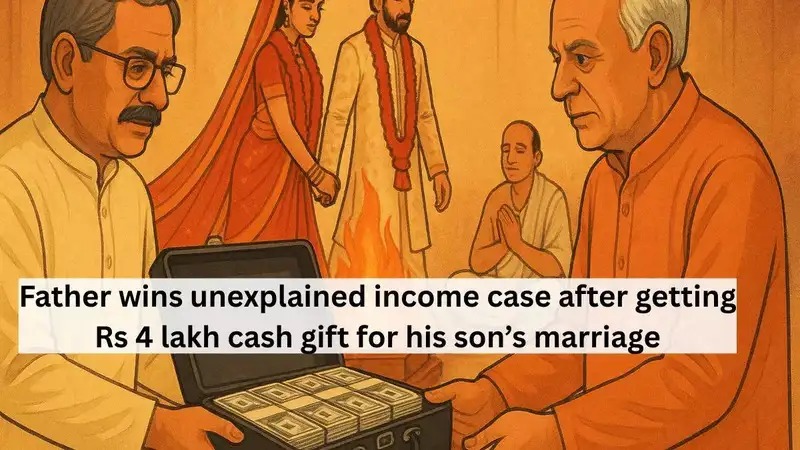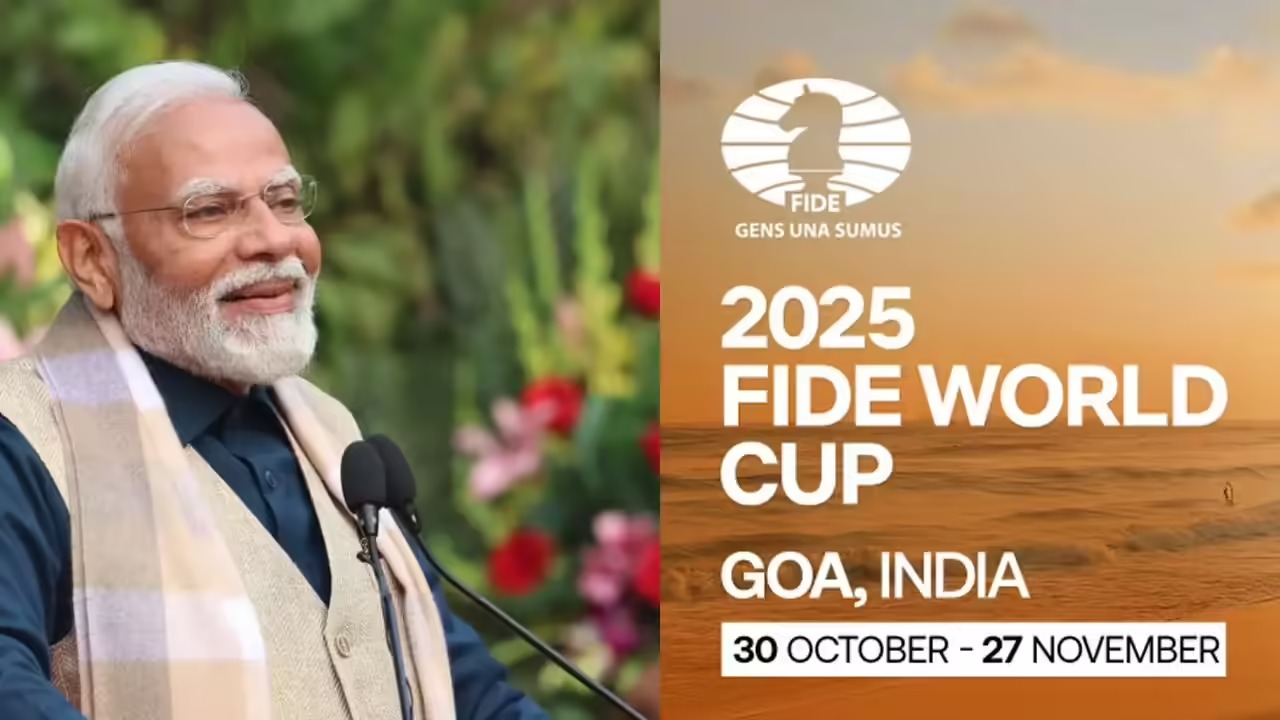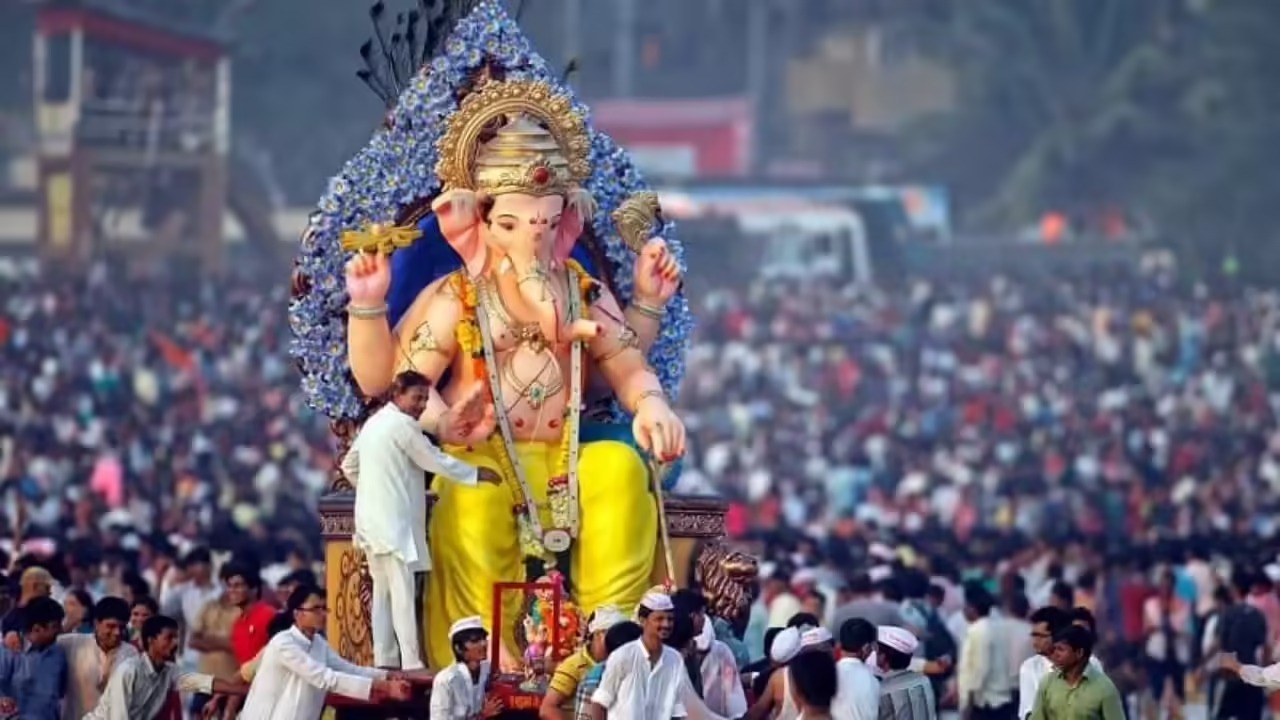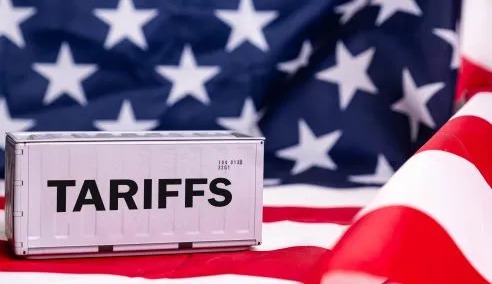 Image Source: The Economic Times
Image Source: The Economic Times
In a significant ruling that provides clarity for families navigating tax laws, a father has successfully won an income tax case involving Rs 4 lakh received as a cash gift during his son's marriage. The case hinged on whether the amount could be classified as unexplained income under Section 69A of the Income Tax Act, which deals with unexplained cash credits. This ruling underscores important legal tenets regarding gifts on marriage and diligently documents how taxpayers can defend such claims effectively.
Key Highlights Of The Case
The father, Mr. Ramesh Kumar (name changed for confidentiality), received Rs 4 lakh in cash as gifts associated with his son's wedding ceremonies.
The Income Tax Department had contended this sum was unexplained income under Section 69A, potentially taxable due to lack of documentary evidence tracing the origin of funds.
Mr. Kumar challenged the assessment, providing evidence regarding customary gift-giving practices during marriages and affidavits from donors.
The Income Tax Appellate Tribunal (ITAT) ruled in favor of the father, recognizing that gifts on marriage are customary, socially accepted, and exempt from tax if properly disclosed.
The ruling emphasized that Section 69A additions cannot be imposed where reasonable explanation and social-cultural contexts justify the funds received.
Understanding The Legal Framework
Section 69A allows tax authorities to treat cash transactions without adequate explanation as income and impose taxes accordingly. However, gifts received on the occasion of marriage are an exception under the Income Tax Act. Gifts from relatives or on weddings, regardless of amount, are exempt from tax if proper disclosure is made in tax returns.
The tribunal highlighted a fundamental principle: social and cultural norms, such as gift-giving during weddings, must be respected within legal assessments. As such, unexplained income claims that ignore these customs without sufficient cause lack merit.
How The Case Was Developed
To defend the case, Mr. Kumar submitted:
-
Affidavits from those who gave cash gifts confirming amounts and intent.
-
Details of customary gifting practices, explaining the social legitimacy of cash gifts during marriages.
-
Tax returns reflecting accurate disclosure of gifts received in the relevant financial year.
-
Bank statements showing deposits and withdrawals aligned with the wedding timeline.
The ITAT carefully reviewed these documents, corroborated cultural practices, and ruled that no addition under Section 69A should be made, thus relieving the taxpayer from additional tax liability.
Implications For Taxpayers And Advisors
This verdict serves as a precedent for taxpayers receiving substantial cash gifts during family celebrations. It advises:
-
Maintain thorough documentation and evidence of gift sources, even when gifts are customary.
-
Disclose gifts transparently in income tax returns under appropriate heads to avoid ambiguity.
-
Understand the exemptions under the Income Tax Act relating to marriage gifts and relatives.
-
Seek professional guidance when facing tax scrutiny for gift-related cash transactions.
Social And Cultural Dimensions
The case reinforces respect for India’s rich tradition of gifting during weddings—a practice that cements social bonds and goodwill. By legally acknowledging such norms, tax authorities balance enforcement with cultural sensitivity.
Conclusion: A Win For Legal Clarity And Cultural Respect
Mr. Kumar’s successful defense against unexplained income allegations highlights how careful documentation, understanding tax law nuances, and embracing cultural contexts can safeguard taxpayers’ rights. The ruling alleviates concerns for families regarding customary cash gifts on joyous occasions, providing reassurance and a strong legal framework for managing such wealth transfers.
Sources: Economic Times, ClearTax, Income Tax Appellate Tribunal Judgments, TaxGuru
Advertisement
Advertisement







